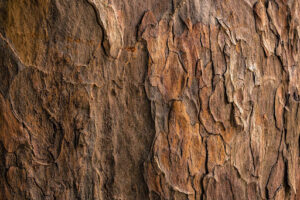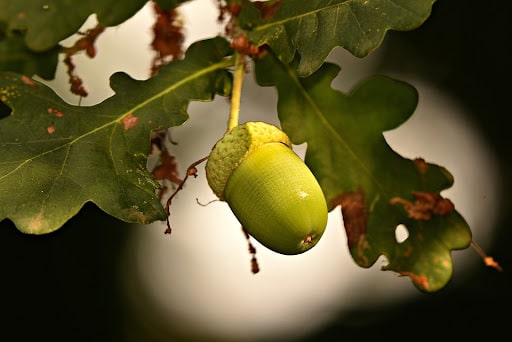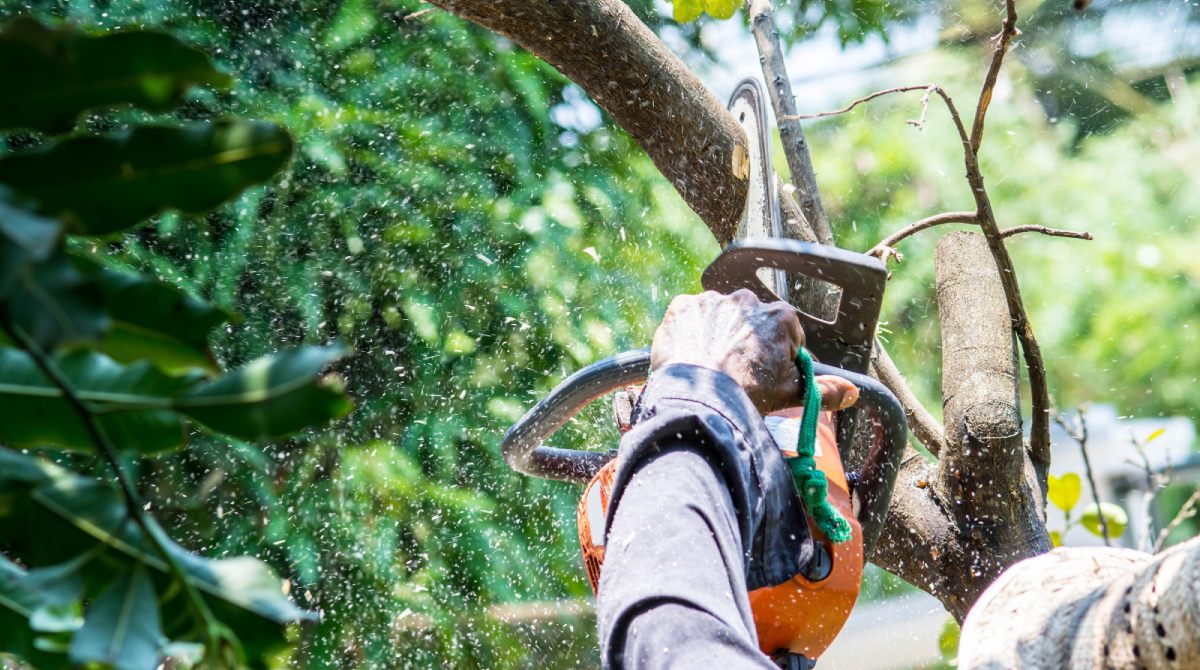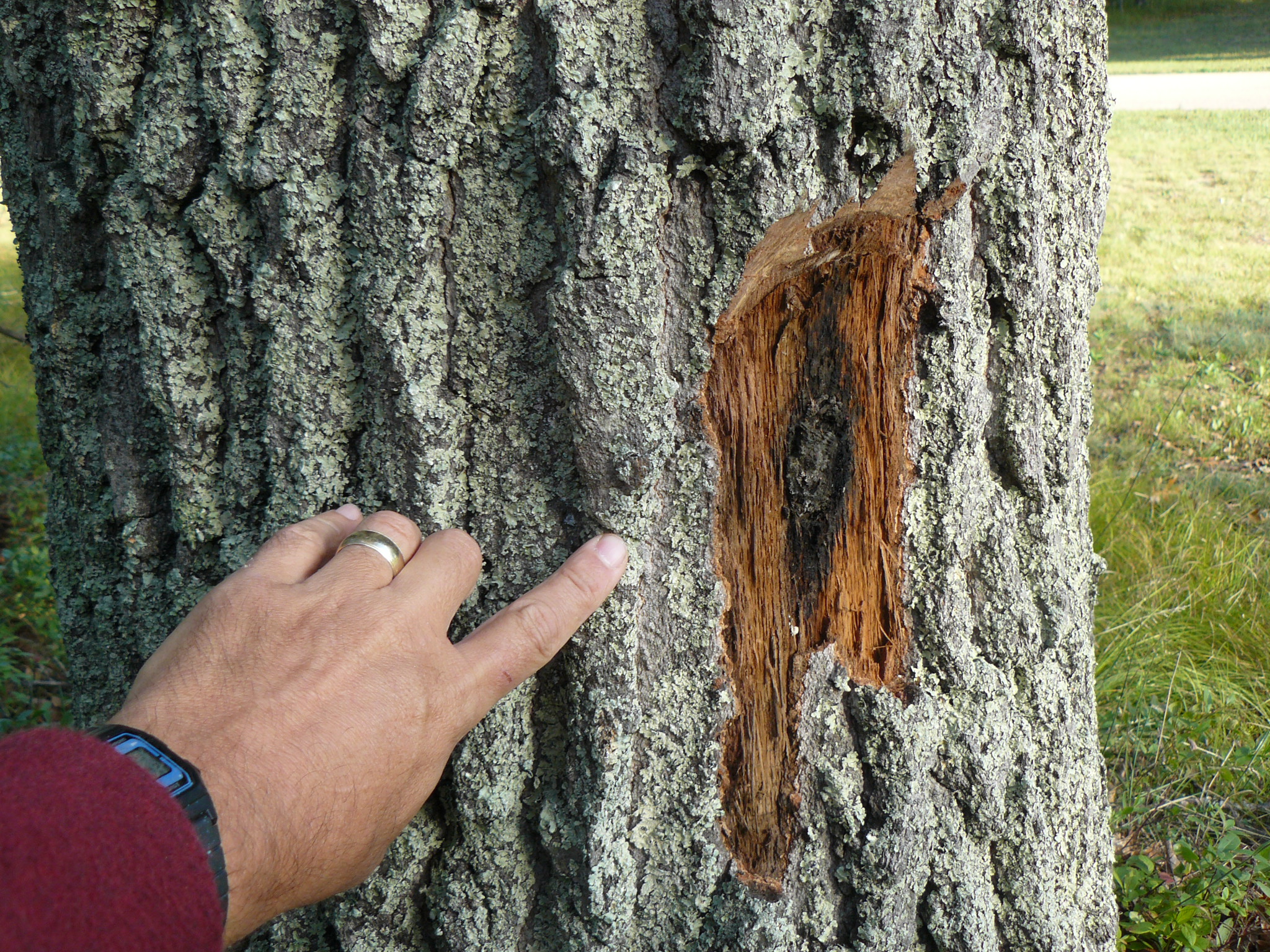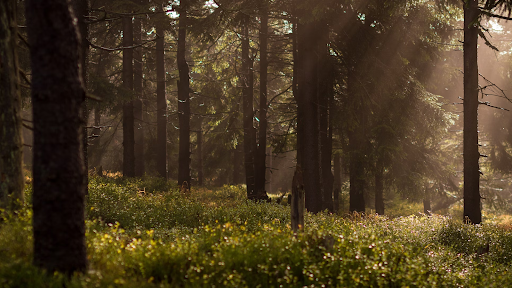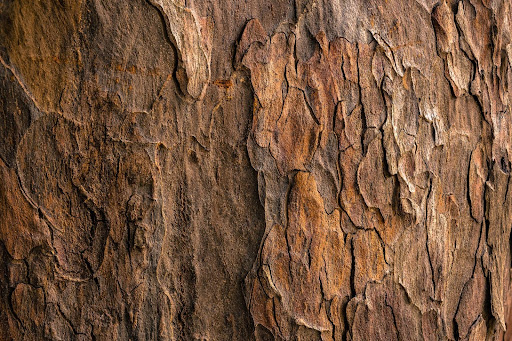
Bark Up the Right Tree: Safeguarding Tree Bark Health in Fort Worth
Date November 20, 2023
Introduction to Tree Bark in Fort Worth
In the lush urban tapestry of Fort Worth, trees stand as silent sentinels, their health integral to the city’s environmental wellbeing. At the forefront of a tree’s defense system is its bark, a protective barrier shielding it from the world’s harsh elements. Tree bark is not just an arboreal armor but also a complex system vital for tree sustenance and health.
The vitality of Fort Worth‘s urban forestry heavily relies on the health of tree bark. It’s a crucial component that ensures trees contribute to the city’s aesthetic charm and ecological balance. Keeping the bark intact means preserving the city’s green legacy for generations to come.
The Anatomy of Tree Bark
- Protective Outer Layer: The rugged exterior we see, known as the periderm, fends off physical damage and disease.
- Phloem Layer: Just beneath lies the phloem, transporting vital nutrients produced by leaves.
- Cambium: This growth layer adds new phloem and xylem, expanding the tree’s girth.
- Xylem (Wood): The inner stronghold channels water and minerals from roots to leaves.
This multi-layered structure not only defends against environmental onslaughts but also plays a pivotal role in a tree’s growth and nutrient distribution.
Signs of Compromised Bark Health
In the unique climatic tapestry of Fort Worth, tree bark faces distinct challenges. Recognizing the signs of compromised bark health is essential:
- Cracks and Splits: These may indicate dehydration or disease.
- Discoloration or Fungus: Often a sign of underlying decay or infection.
- Loose or Missing Bark: Can expose the tree to pests and further damage.
Fort Worth’s climate, with its hot summers and varied precipitation, can stress tree bark, leading to distinct local symptoms. Proactive care is thus crucial for maintaining the health and longevity of the city’s trees.
Environmental Stressors in Fort Worth
The health of tree bark in Fort Worth is continually challenged by environmental stressors that can lead to severe damage if not properly managed. The two most significant stressors are:
- Heat and Drought Conditions: With rising temperatures and extended dry spells, trees often struggle to maintain moisture, leading to brittle and cracked bark.
- Urban Development Impact: The spread of urbanization brings increased pollution and soil compaction, both of which can stress trees and their bark.
Recognizing these stressors is the first step towards mitigating their impact on the urban forest of Fort Worth.
Pests and Diseases Affecting Bark in Fort Worth
The local ecosystem in Fort Worth is host to a variety of pests and diseases that can compromise tree bark health:
- Local Pests: Bark beetles and termites are common culprits, burrowing into and weakening the bark.
- Diseases: Fungal infections like Oak Wilt can spread rapidly, affecting the vascular system of trees.
Preventative measures are key in combating these threats:
- Regular Inspections: Early detection of changes in bark health can prevent widespread damage.
- Integrated Pest Management (IPM): Employing a combination of biological, cultural, and chemical controls can keep pest populations in check.
Proactive care and community awareness are essential in protecting the trees of Fort Worth from these natural adversaries.
Physical Damage and Its Prevention
The bustling city life in Fort Worth inadvertently leads to physical damage to tree bark, with:
Construction and Landscaping: Equipment and activities can wound trees, leaving them vulnerable to disease.
Vandalism: Graffiti and carving into tree bark can also create entry points for pests and decay.
To prevent such damage:
- Protective Barriers: Placing guards around tree trunks can shield them from mechanical injuries.
- Public Education: Informing residents about the importance of bark health can reduce intentional damage.
Fostering a culture of respect and care for trees is as vital as any physical protective measure.
Proper Tree Care Practices
Adopting proper tree care practices is fundamental to ensuring the health and longevity of Fort Worth’s trees:
- Watering: Deep watering during dry periods helps maintain moisture levels, essential for bark elasticity.
- Mulching: A layer of mulch retains water, regulates soil temperature, and reduces weed competition.
- Fertilization: Appropriate fertilization promotes healthy growth, bolstering the tree’s natural defenses.
Pruning is also a critical component of tree care:
- Timely Pruning: Removing dead or diseased limbs prevents the spread of decay and reduces excess weight on the tree.
- Proper Techniques: Cuts should be made at the right location and angle to promote healing and prevent damage.
By adhering to these best practices, the community can actively participate in preserving the tree bark health of Fort Worth’s green heritage.
Innovative Bark Care Techniques
In the pursuit of optimal tree health, Fort Worth embraces innovative bark care techniques:
- New Technologies: Advances in tree care include the use of soil moisture sensors and dendrochronology tools to assess and promote tree health.
- Professional Arborist Services: Certified arborists in Fort Worth offer expertise in the latest tree care practices, ensuring trees receive the best care possible.
Leveraging technology and expertise, the city can ensure its trees are not just surviving but thriving.
Restoring Damaged Tree Bark
When tree bark is damaged, timely and effective intervention is crucial:
- Assessment and Cleaning: Carefully evaluate the wound and clean it to prevent infection.
- Proper Application of Wound Dressings: Use appropriate dressings, if necessary, to promote natural healing.
- Supportive Care: Provide the tree with adequate water and nutrients to bolster its recovery.
In cases of severe damage:
- Professional Help: Contacting a professional arborist can be vital. They can assess whether the tree can be saved and the best course of action for its recovery.
Expert intervention can make the difference between the loss of a tree and its return to health.
FAQs on Tree Bark Health
Addressing the common questions Fort Worth residents have about tree bark health:
-
- What are the signs of unhealthy tree bark?
- Look for cracking, peeling, or the presence of fungi—indicators of potential health issues.
- How often should trees be inspected?
- Annual inspections are recommended, with more frequent checks if there are signs of stress or damage.
- Can damaged bark heal itself?
- Trees have a remarkable ability to heal, though professional assessment may be needed for severe damage.
- What are the signs of unhealthy tree bark?
These insights help dispel misconceptions and guide residents toward proactive tree care.
Conclusion and Further Resources
Maintaining tree bark health is a vital aspect of urban forestry management in Fort Worth. Healthy bark equals healthy trees, which contribute to the city’s beauty and ecological balance. For those seeking assistance or more information, Fort Worth offers:
- Local Arborist Services: Professionals equipped to provide care and advice for tree health.
- Educational Material: Resources are available at local libraries and online for residents to learn about tree care.
With the right knowledge and resources, residents can become stewards of the city’s treasured trees.
The health of our trees is foundational to the beauty and environmental well-being of Fort Worth. Protecting tree bark health is more than just an act of care—it’s an investment in the very air we breathe and the community we cherish. From the bustling city streets to the serene parks, every tree counts. If you’re facing challenges with your trees’ health or simply want to ensure their longevity, look no further. TreeNewal has been a trusted ally for trees in the Dallas and Fort Worth Metroplex since 2017. With expertise in the latest arboricultural practices and a deep commitment to the community’s greenery, TreeNewal is your go-to partner for safeguarding the vitality of your trees. Connect with us today and let us help you maintain the tree bark health that keeps Fort Worth flourishing.
